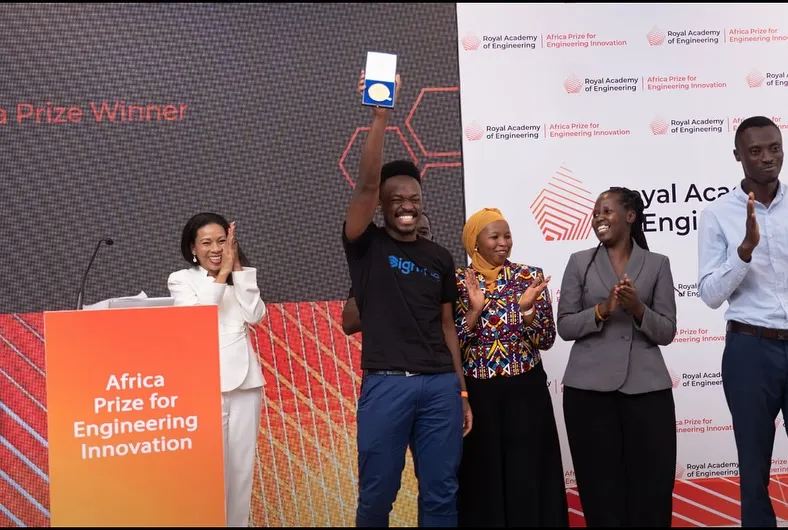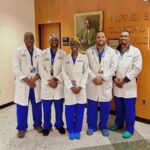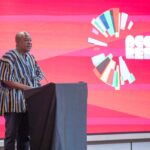Elly Savatia saw that deaf people in Kenya struggled with access to essential services, like jobs, hence he developed Terp 360, a web-based app that provides sign language translations from speech in real time.
“Think of it as Google Translate for sign language,” Savatia, 24, said after he won a major award for African innovation in the UK.
Terp 360 uses 3D avatars to translate sign language, allowing users to communicate without relying on human interpreters.
In Kenya, where Savatia was born and grew up, inclusive hiring is a legal and compliance obligation. The country’s Persons with Disabilities Act, 2025, requires employers to create equitable opportunities and reserve at least 5% of jobs for people with disabilities.
However, Savatia says a major hindrance towards achieving compliance, particularly for hearing impaired Kenyans, is language barrier.
“Companies cannot afford interpreters… [and] they just don’t have the tools to effectively integrate these people. We see ourselves as an enabler. We can do sign language, but at scale,” he said.
He explains that the struggles of hearing-impaired people to access the workplace, education and health care, influenced his decision to develop Terp 360.
Savatia’s innovation has won him 8.6 billion shillings, ($67,000) after he topped the prestigious Africa Prize for Engineering Innovation at the UK’s Royal Academy of Engineering.
This is not Savatia’s first prize. In 2022, he won the first Kenyan Drone Business Competition and received a special US Embassy sponsored training.
A year after the award, he co-founded, Signvrse, a startup focused on assistive technology using AI to bridge communication barriers between the hearing and Deaf communities.
Savatia has subsequently won several awards including a Presidential Innovation Award, a Commonwealth Secretary-General’s Award for Innovation, and a UNICEF Generation Unlimited Innovation Challenge winner. He is also a 2024 Mandela Washington Fellow.
Savatia is hopeful this award will propel him and his company to even greater heights.
“I’m totally grateful for this and it is a testament to the innovative assistive technology work that is coming from Africa. I’m really looking forward to the excellence that will come out of Signvrse,” he said after receiving the award.










